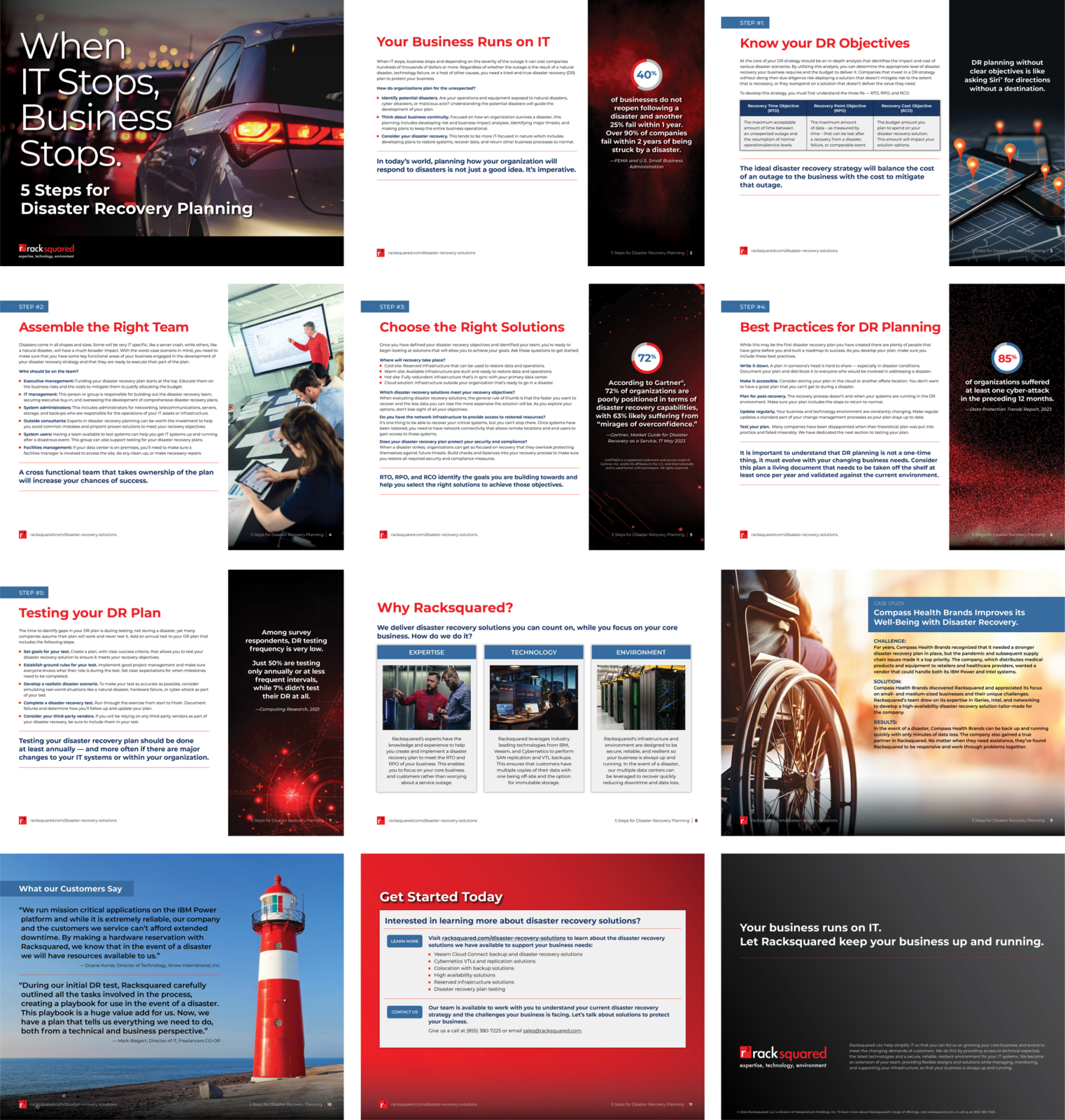
Selling complex tech is always loaded with uncertainty, but some things are constant.
One is that your first step has to be catching someone’s interest. The best start is to tell a potential customer what you do and then ask for a sale. If that doesn’t work, tell them something else cool about you and ask for a sale.
And if that doesn’t work, your message might be off course.
Why? Because buyers don’t care about how many awards you’ve won, or what analysts say about you, unless you’re addressing their actual needs. What your buyers care about is a solution to their problems. Always best to speak the same language as the customer.
White papers—Informative, but neutral
There are essentially two types of demand for any product or service.
The first is primary demand: “I just need it, right now—and in the interest of speed, I’m willing to take a risk when it comes to my supplier.”
These sales situations are generally less complex, impulse-oriented events, and they’re rare in the technology world.
More typically, buyers aren’t quite so desperate to make a purchase.
That’s secondary demand: customers who are prepared to take the time to assure themselves that you get the drift about their corner of the industry, because they’re after something long-term and comprehensive, not just a basic solution.
The role of a white paper is to objectively outline the problems buyers face, without (or at least without much) regard to specific product capabilities. It’s meant to help educate the buyer so he or she asks the right questions before choosing a vendor.
That’s not to say that white papers shouldn’t be persuasive. In fact, a powerful tool to employ in a white paper is a framework or matrix of decision criteria a customer might use to arrive at a final decision.
Done right, the end result is that the reader realizes that to solve one of their problems, he or she needs a minimal set of capabilities that your offerings deliver—and that nothing short will do.
Solution briefs—Reaching your goal
In a solution brief, meanwhile, readers expect to find real-world deployment examples, with numbers, examples, timelines, and key facts.
If a white paper is an atlas, a solution brief is a roadmap and some practical directions:
• If they deploy your software product on-premises, will they need additional hardware?
• Is there a turnkey solution to recover from failure?
• Does your product require a particular network configuration or infrastructure tools?
• How quickly can it be deployed?
Good answers to these types of questions advance your buyer to the next step in the journey.
Chicken or egg?
A potential customer who first reads a solution brief may want to read related white papers. And a reader concerned about a business risk outlined in a white paper should want to see a solution brief showing how that risk can be mitigated.
So, when it comes to white papers and solution briefs, the simple fact is that you need both. Both are core content that must be on your website to score SEO points and hopefully help convert visitors into leads.
White papers can draw the customers looking for raw information, and quash late-cycle sales objections. And more sophisticated buyers (including those who don’t need to document the reasons for their decisions) just want to know what you do that others don’t. They want the solution brief to clarify what extra goodies you can offer.
Solution briefs need to be written with the competition in mind, pointing out the perils that your offering addresses and that others ignore.
Blogs for Fun and Profit
Even if your white papers and solution briefs are all built and posted, it’s kind of sad if no one ever reads them.
A good series of blogs—promoted through social media—can be the X factor, the difference between success and failure. Good blogs are catchy and provocative, and they can be hard for technology people to create. Build the series by focusing on a few points of advantage/intrigue at a time, and develop from there.
Any agency that understands your offerings ought to be able to generate a blog in short order. Ask.
DeLaune & Associates can help you craft the digital marketing assets you need—white papers and solution briefs, of course, but many other kinds as well. Come see what we can do for you!




